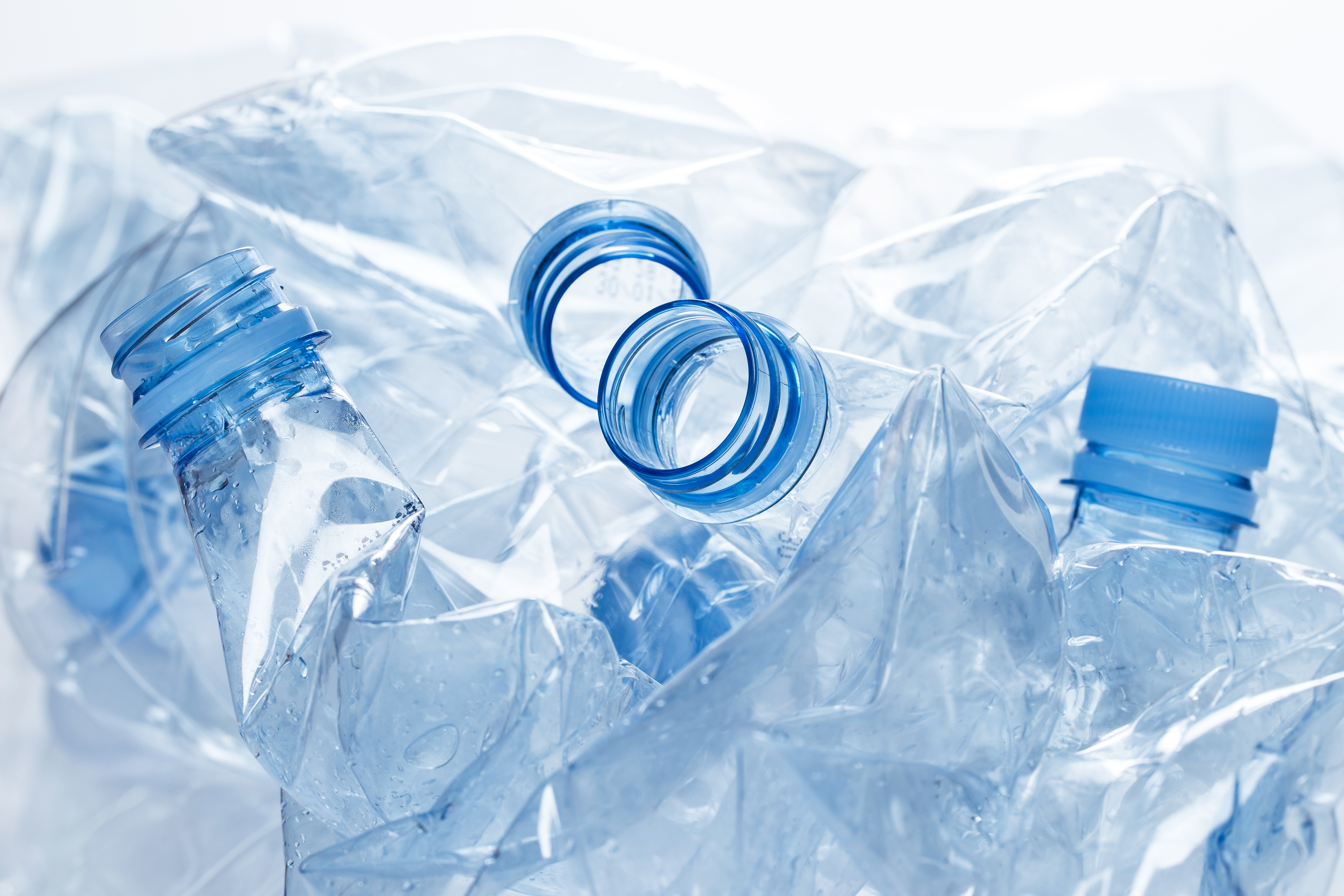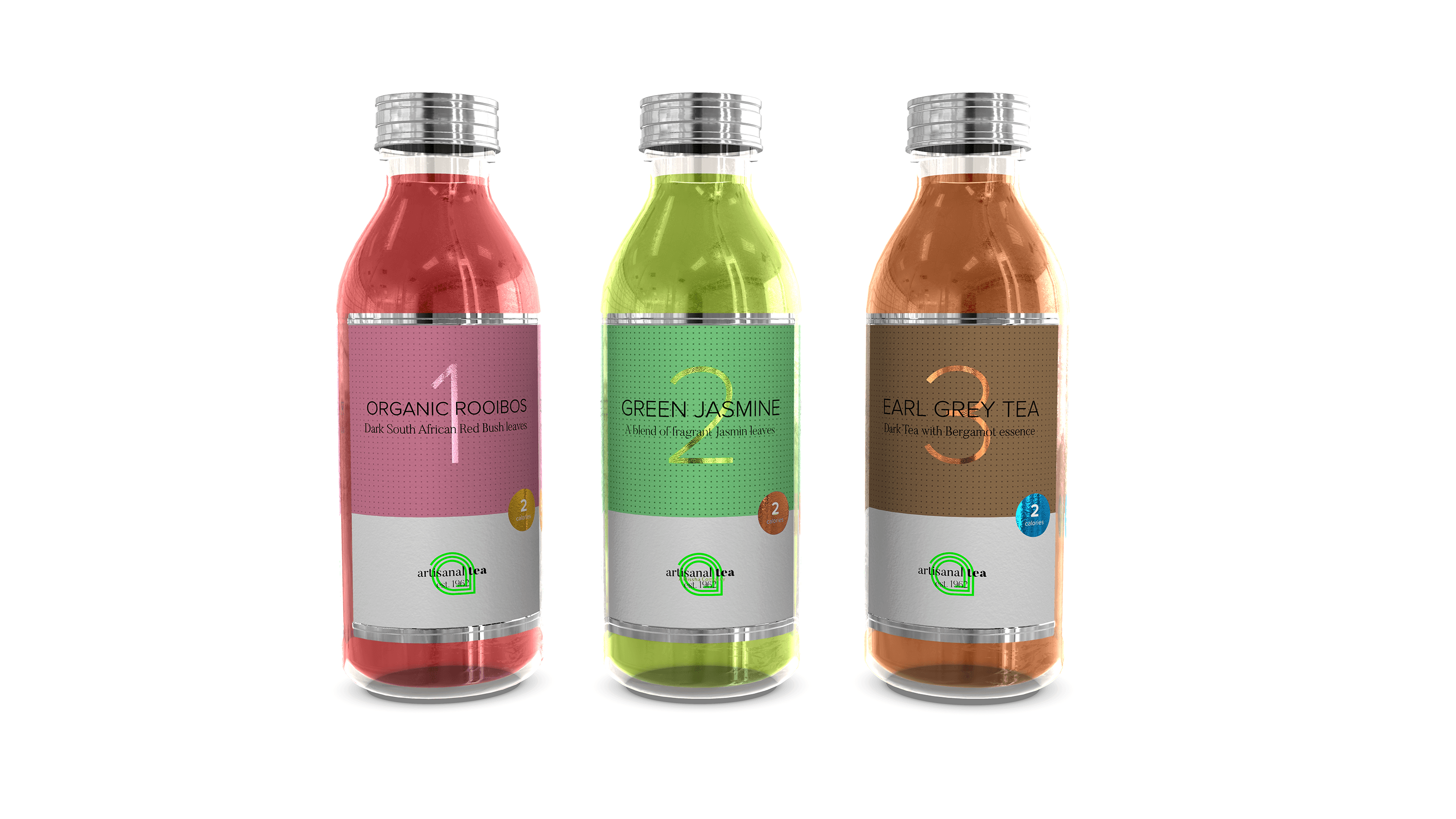What does the new UN treaty on plastic waste mean for the packaging industry?
In March, representatives from 175 states backed a UN resolution to end plastic pollution. Focusing on the entire lifecycle for plastics, from production to design and disposal, the resolution aims to create a legally binding treaty on plastic waste.
The UNEA (UN Environment Assembly) recognises that there is “no single approach” to the plastic waste issue and emphasizes the need for “global coordination, cooperation and governance”. Work on the treaty will begin in the second half of 2022 and should be completed by 2024.
So what does this mean for the packaging industry? In practical terms, the treaty will aim to improve recycling rates, clean up existing plastic waste and set limits on the production of plastics, for example by banning single-use plastics, a major source of waste. As a reminder, only 9% of plastics have ever been recycled.

The draft treaty differs from previous initiatives in that it seeks to address the production of plastic as well as its disposal, recommending the promotion of sustainable plastic packaging design that would enable it to be reused and/or recycled. This would have a significant impact on manufacturers that opt for single-use packaging containing plastics, such as food and beverage or fast-moving consumer goods brands.
All the more reason to start seeking out sustainable plastic-free alternatives, such as metallized paper.
